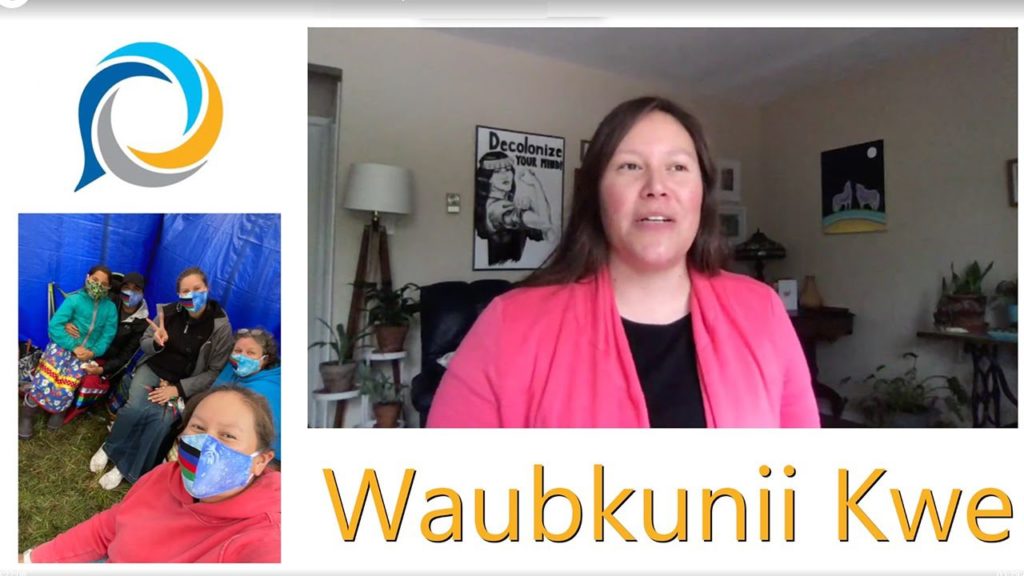Six performers discuss the challenges and opportunities for connection, collaboration, and growth through distanced music-making

Through a livestreamed event co-ordinated by Ryerson’s Jack Layton Chair of Social Justice, six professional musicians and educators discussed collaboration and how they’ve managed to work on their craft during the pandemic.
The event was co-curated by Jack Layton Chair Ken Moffatt and arts and contemporary studies student MJ Wright, and featured Ryerson instructor Pete Johnston. Johnston and his bandmate Randi Helmers from the group Stranger Still shared the struggle of cancelling their East Coast tour and all the work that goes into their unique approach to Nova Scotian folk music.
Johnston and Helmers have been working on a new album from home that they hope to perform if touring is possible in 2021.
“It’s been fun learning how to do all this stuff (recording), but I’m really missing going out to hear live music,” says Johnston. “I’m glad we’re coming with all these workarounds, and that feels good, but I’ll be very happy being back sitting somewhere listening to some music with my friends.”
Waubkunii Kwe, an Indigenous artist from Turtle Island, sang and broke down records focusing on the trauma and history of pandemics the Nishinaabeg across her home have faced.
“This isn’t new for us — this isn’t new for us having a sickness and having to be isolated,” said Kwe. “Just in the ‘50s in my community, people were having to get permission from the Indian agent to leave the community.”
Kwe says her set was dedicated to the people who have survived those traumas, her ancestors and people who are in pain, as she views song as a form of prayer. She reflected on COVID-19, and the impact it has had on her, as a time of reflection and quiet.
Mark V. Campbell, also known as DJ Grumps, played local Toronto hip hop from the ‘90s and on, and spoke about how DJs can defy internet algorithms online. Campbell recounted the history of some of Scarborough’s finest DJs, including YOK’s track “Footloose,” which he said was one of the best Toronto dancehall records coming out in 2006 but wasn’t supported by the mainstream.
“We weren’t just playing records, but we were also building audiences by interviewing artists on radio shows, backing up the artists at their live shows and starting record labels,” said Campbell. “There were lots of independent record labels that were run by DJs (during the mid-’90s in Toronto’s flourishing music scene).”
Among other performers featured were experimental artist Ben McCarthy and Evangeline Brooks, an electronic artist and graduate of Ryerson’s Integrated Digital program. Sofie Mikhaylova, the DJ who goes by the name Sonja, interviewed McCarthy.
